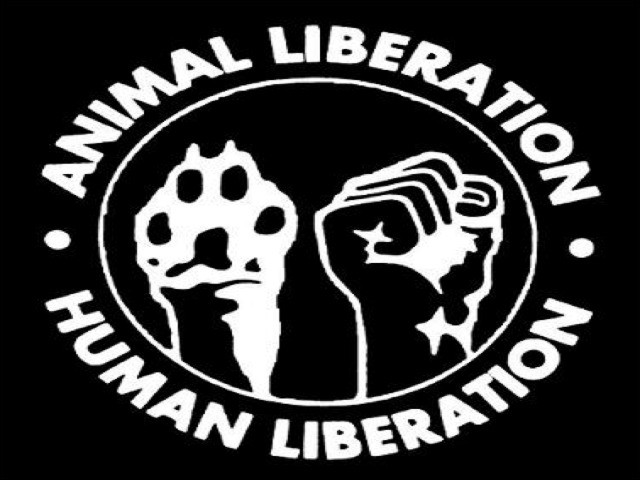No specific place of abode
Animal Liberation Front (ALF) has no involvement with CITES. But it poses a threat to all those people and organisations that support the sustainable use of wildlife for the benefit of humanity.
ALF is a loose global network of animal rights extremists who are best described as ecoterrorists. It is composed of groups which use different names, including Earth Liberation Front (ELF) and Animal Liberation Brigade, for example. ALF’s network of extremists emerged in the UK during the 1970s out of an equally fanatical group known as the Bands of Mercy, which was closely linked to the Hunt Saboteurs Association. Given that the ALF initiates and celebrates illegal, sometimes violent, activities, it has no centralised structure or transparent chain of command.
Any person or group can lay claim to being part of the ALF network, so long as they swear allegiance to a set of guidelines:
- To liberate animals from places of abuse, i.e. fur farms, laboratories, factory farms, etc. and place them in good homes where they may live out their natural lives free from suffering.
- To inflict economic damage to those who profit from the misery and exploitation of animals.
- To reveal the horror and atrocities committed against animals behind locked doors by performing nonviolent direct actions and liberations.
- To take all necessary precautions against hurting any animal, human and nonhuman.
The evidence that ALF supports domestic terrorism is convincing. According to the FBI, in 2003, people and groups closely allied to and or members of ALF detonated improvised explosive devices at the premises of two northern California companies, which were targeted as a consequence of their business links to the UK firm Huntingdon Life Sciences.
The same FBI report specifically pointed the finger of blame at the ALF network for committing arson at a large condominium complex that was under construction near La Jolla, California, which caused an estimated USD50 millions worth of damage. The FBI also said that ALF supporters damaged two new homes under construction near Ann Arbor, Michigan in March 2003. The FBI further accused the ALF of damaging around 120 SUVs in West Covina, California, in the same year.



